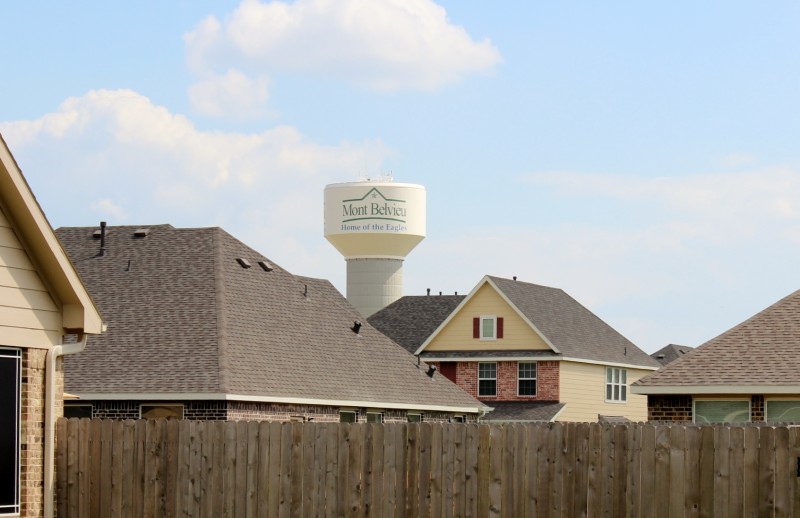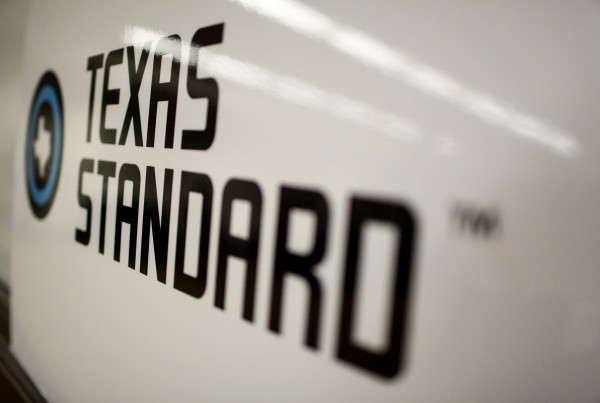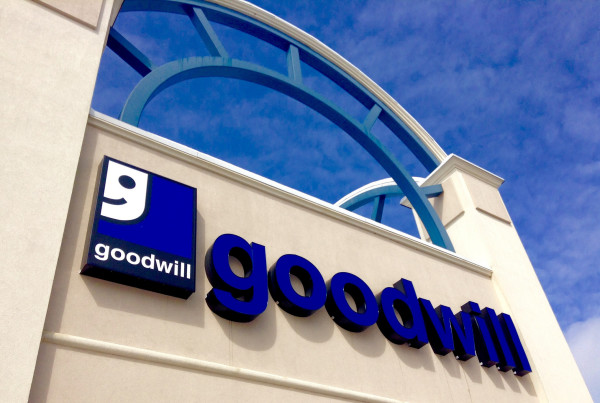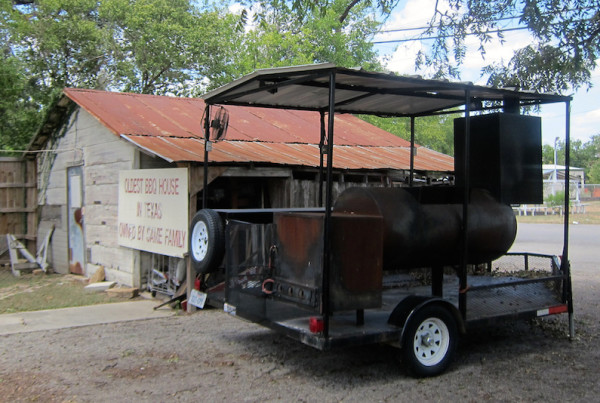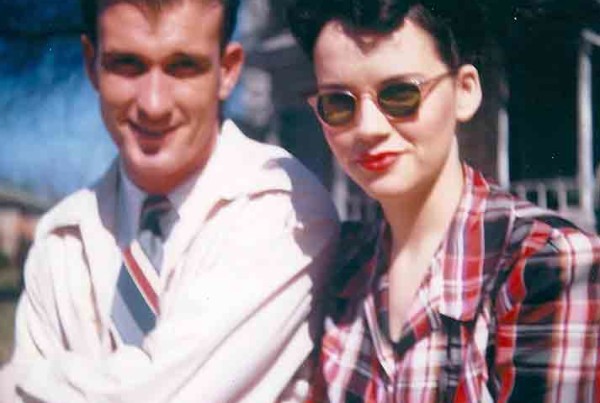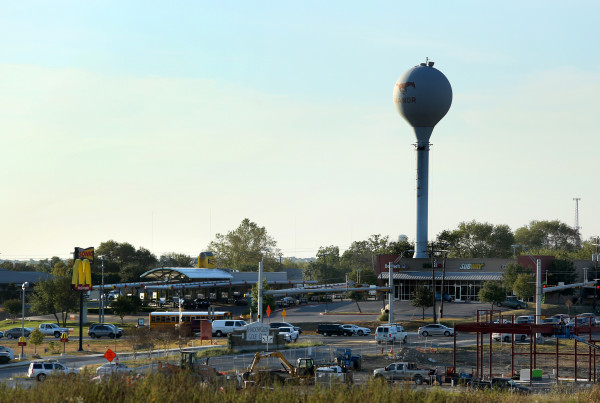This story originally appeared on Houston Public Media.
A first-time visitor to a small city east of Houston might be struck by the evidence of a vibrant local economy, everywhere you look: new homes, new streets, a new park.
And not a mile away is a reason for the growth: a big expansion is underway at a complex of industrial plants. The plants process raw natural gas into natural gas liquids or NGLs as they’re called.
Where are we? The city of Mont Belvieu.
“Well, Mont Belvieu is and has always been kind of the center of the universe for NGLs, “says Callie Mitchell, a former gas company executive, now a consultant with RBN Energy.
“It’s a pretty little town. But the storage is all underground. And so the storage itself you wouldn’t know it’s there,” Callie says.
Stored beneath Mont Belvieu are millions of gallons of those NGLs. Why here? Mont Belvieu sits atop an underground mountain of pure salt. Since the 1950’s, oil companies have been carving out huge caverns in the salt thousands of feet beneath the surface. Now, there are about 125 of the storage caverns.
The industry needs them because natural gas production has soared in Texas and other states, meaning the production of natural gas liquids is surging as well. Mitchell says Mont Belvieu dwarfs any other such site in the U-S. And in case you’re wondering, she says safety is a top priority.
“Without a doubt the best and the brightest are managing these things,” Callie tells News 88.7.
There have been fiery accidents here. But nothing like what happened 23 years ago at a different storage site 100 miles to the west.
“A bomb-like blast literally blew residents in this small community out of their beds this morning,” said a reporter for Dallas’s Channel 8 as he did a live report just outside the city of Brenham.
It’s April 1992, and natural gas liquids stored in a cavern have leaked and exploded. A huge blast kills three people and injures 21 doing 9 million dollars in damage to homes and farms.
Lawyer Joseph Garnett grew up in Brenham and in 1992 was practicing in Houston. He returned to his hometown that year to represent victims of the blast. Garnett said he learned the cavern had no effective, fail-safe shut-off system to stop leaks.
“In this case there was no remote shutoff and this occurred at night when nobody was on the site,” Garnett told News 88.7.
Federal safety investigators would find that at that time there were no industry or government standards for such emergency shutoff valves. What’s changed in 23 years?
Last month, at a hearing held the U.S. Senate Committee on Commerce, Science, & Transportation, Donald Santa, head of the Interstate Natural Gas Association of America, told the senators that it was only in recent weeks that the industry approved standards for storing natural gas.
“The industry storage operators working with states, working with regulators have come up with standards that were adopted just this last month,” Santa testified.
But Santa said the federal government still has not adopted such standards. Senator Jerry Moran, a Republican from Kansas, said in his state, there is no regulation by anybody of natural gas storage.
“A federal court determined there was no jurisdiction on the part of the state,” Sen. Moran said.
But in the state of Texas, things are different. A year after the Brenham explosion, Texas revamped its rules for natural gas and NGL storage, and now requires emergency shutoff valves and inspections for leaks every five years.
Joseph Garnett, the Brenham native and lawyer, says the Texas regulations are a big improvement but he adds, “There’s always the fear. You hope the new regulations have taken care of a lot of the safety issues but you’re hopeful that it doesn’t happen.”


